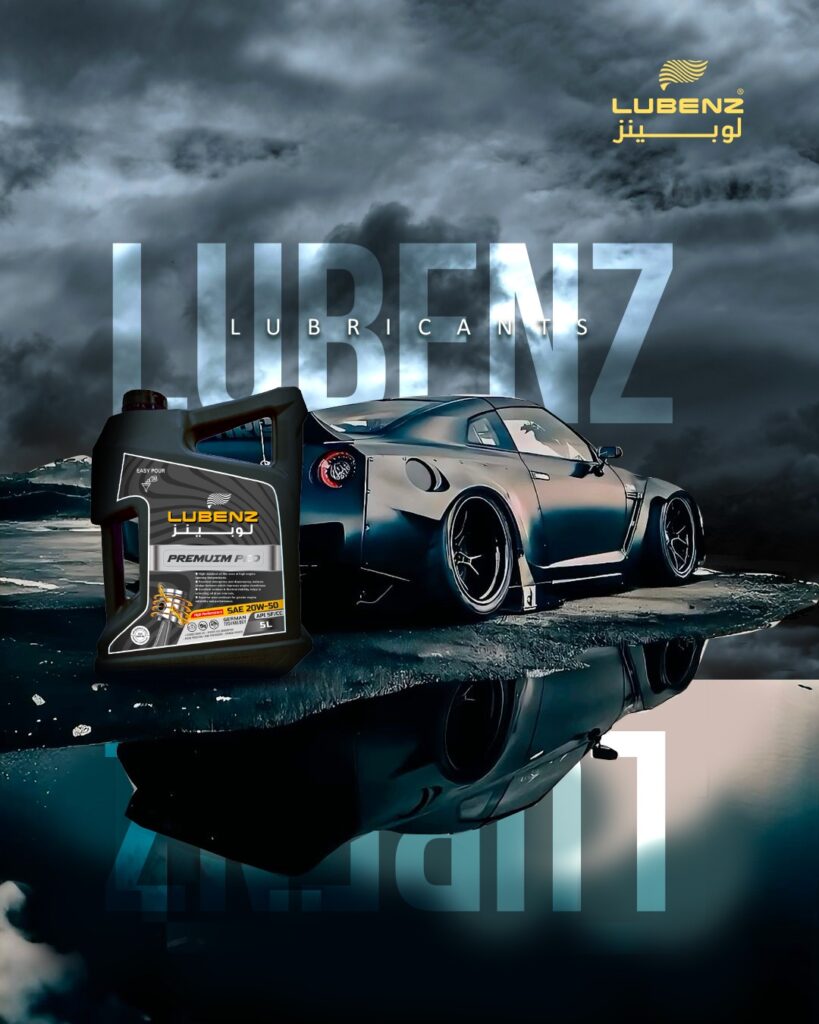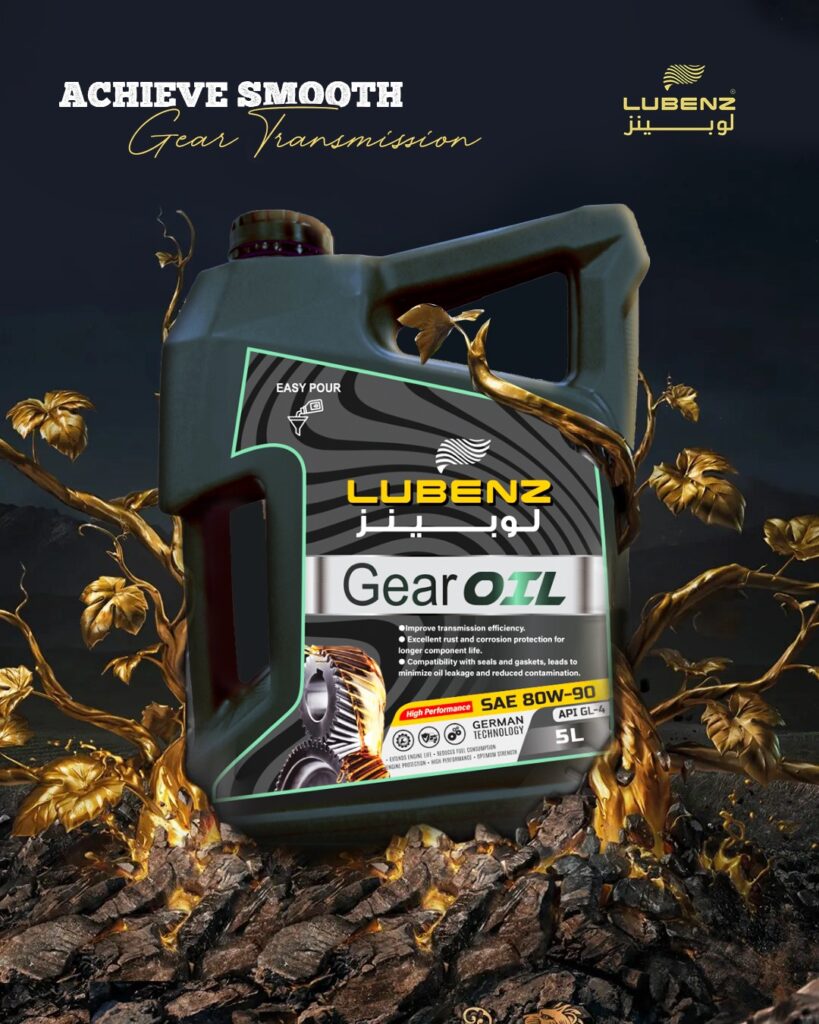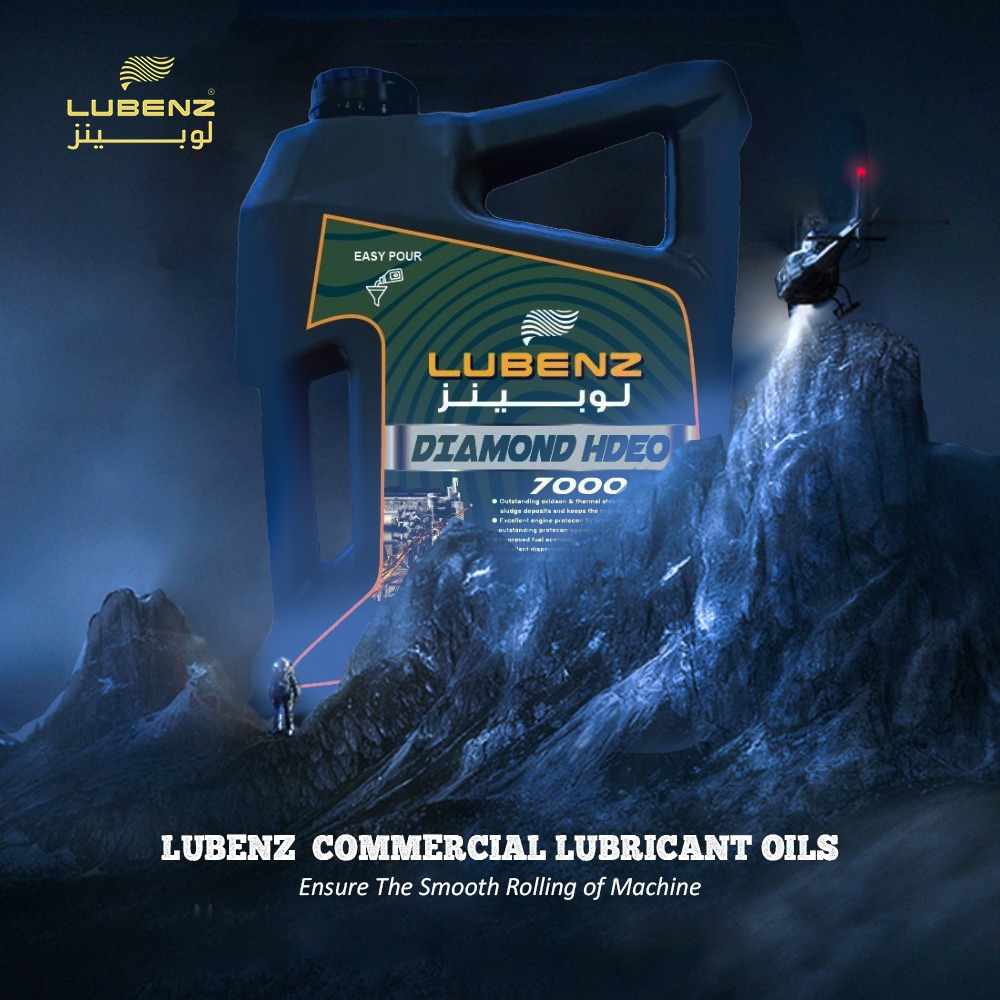Grease manufacturing in Kenya holds significant importance for several reasons. Firstly, establishing local production facilities reduces the country's dependency on imported lubricants, thereby enhancing economic self-sufficiency and stability. This localization supports various industries such as automotive, manufacturing, agriculture, and construction by ensuring reliable access to high-quality lubrication products tailored to local environmental conditions and operational requirements.
Secondly, investing in grease manufacturing fosters job creation, skills development, and technological advancement within Kenya. It promotes industrial diversification and contributes to the growth of the manufacturing sector, which is essential for sustainable economic development. Moreover, local production facilities can adhere to stringent environmental and quality standards, ensuring that lubricants manufactured meet global regulatory requirements while minimizing environmental impact. Overall, grease manufacturing in Kenya not only strengthens national industrial capabilities but also supports broader socio-economic objectives through enhanced competitiveness and sustainability in the lubricants market.
When considering greases for industrial or commercial applications, several factors should be taken into account to ensure optimal performance and compatibility with operational needs:
Application Requirements: Understand the specific requirements of the equipment or machinery where the grease will be applied. Consider factors such as operating temperatures, load conditions, speed, and environmental exposure (e.g., moisture, dust, chemicals).
Thickener Type: Greases are categorized based on their thickener type (e.g., lithium, calcium, aluminum complex, polyurea). Select a thickener that suits the intended application and provides the desired performance characteristics such as water resistance, load-carrying capacity, and shear stability.
Base Oil Compatibility: Base oils influence grease performance, viscosity, and temperature stability. Choose base oils (mineral, synthetic, or a blend) that are compatible with the operating conditions and provide adequate lubrication over the expected service life.
NLGI Grade: The NLGI (National Lubricating Grease Institute) grade indicates the grease's consistency and penetration characteristics. Select the appropriate NLGI grade (ranging from 000 to 6) based on equipment manufacturer recommendations and application requirements.
Additive Package: Greases often contain additives to enhance performance, such as antioxidants, corrosion inhibitors, EP (extreme pressure) agents, and anti-wear additives. Consider the specific additives needed to address operational challenges and protect equipment components.
Compatibility with Seals and Materials: Ensure that the selected grease is compatible with seals and materials used in the equipment. Incompatible greases can degrade seals or compromise equipment performance over time.
Environmental and Regulatory Compliance: Choose greases that meet relevant environmental regulations and industry standards (e.g., NSF, ASTM, DIN) for safety, performance, and environmental impact. Consider using biodegradable greases where environmental considerations are paramount.
Storage and Handling: Proper storage conditions (e.g., temperature, humidity) are essential to maintain grease quality and stability before use. Follow manufacturer recommendations for storage and handling practices to prevent contamination and degradation.
Lifecycle Cost: Evaluate the total cost of ownership, including initial purchase price, maintenance intervals, and potential savings from extended equipment life and reduced downtime. High-performance greases may offer long-term cost benefits despite higher initial costs.
Supplier Support and Expertise: Partner with reputable suppliers or manufacturers who offer technical support, product expertise, and after-sales service. They can provide guidance on grease selection, application methods, troubleshooting, and training for personnel.
Considering these factors helps ensure that greases are selected and applied effectively to maximize equipment reliability, efficiency, and longevity in various industrial and commercial applications.
Blending and Mixing: Grease manufacturing facilities include equipment for blending base oils, thickeners (such as metallic soaps), and additives. This process ensures uniform distribution of ingredients to achieve desired grease consistency and performance characteristics.
Quality Control: Robust quality control measures are integral to grease manufacturing. Facilities conduct rigorous testing at various stages, including raw materials, intermediate products, and finished greases, to ensure compliance with industry standards and specifications.
GREASE Manufacturer in Kenya GREASE Manufacturer in Kenya GREASE Manufacturer in Kenya GREASE Manufacturer in Kenya GREASE Manufacturer in Kenya GREASE Manufacturer in Kenya GREASE Manufacturer in Kenya GREASE Manufacturer in Kenya GREASE Manufacturer in Kenya GREASE Manufacturer in Kenya GREASE Manufacturer in Kenya v GREASE Manufacturer in Kenya GREASE Manufacturer in Kenya
Packaging and Storage: Grease manufacturing facilities feature packaging lines equipped to handle various container sizes, from small tubes to large drums or bulk containers. Adequate storage facilities are essential to maintain grease integrity and shelf life before distribution.
Environmental Compliance: Modern grease manufacturing facilities prioritize environmental sustainability. They implement measures to minimize waste generation, manage chemical discharges responsibly, and reduce energy consumption through efficient production processes.
Safety Standards: Safety protocols and equipment are crucial in grease manufacturing to protect workers and prevent accidents. Facilities adhere to occupational health and safety regulations and provide training to personnel on handling chemicals and operating machinery safely.
Research and Development (R&D): Leading grease manufacturers invest in R&D to innovate new formulations, improve existing products, and adapt to evolving industry requirements. R&D activities may focus on developing greases for specific applications, enhancing performance under extreme conditions, or achieving eco-friendly certifications.
Automation and Technology: Advanced grease manufacturing facilities integrate automation and digital technologies to optimize production efficiency, minimize human error, and ensure consistent product quality. This may include automated batching systems, real-time monitoring, and data analytics for process optimization.
Certifications and Standards: Grease manufacturing facilities often pursue certifications such as ISO 9001 (Quality Management Systems), ISO 14001 (Environmental Management Systems), and adherence to industry-specific standards like ASTM, DIN, and NLGI grades to demonstrate product quality and reliability.
These features collectively enable grease manufacturers to meet market demands for high-performance lubrication solutions while maintaining operational efficiency, safety, and environmental responsibility. Specific details regarding facilities in Kenya would require direct consultation with local manufacturers or industry associations for the most accurate insights.
While greases are essential for lubricating machinery and equipment, their use can also have some negative impacts:
Environmental Pollution: Improper disposal or leakage of grease can lead to environmental pollution. Greases may contain additives and base oils that can contaminate soil and water sources if not managed or disposed of properly.
Health Hazards: Certain components in greases, such as heavy metals or toxic additives, can pose health risks to workers handling the lubricants. Prolonged exposure or improper protective measures may result in skin irritation, respiratory issues, or other health concerns.
Compatibility Issues: In some cases, using incompatible greases or mixing different types can lead to performance issues or damage to equipment components. This can result in increased maintenance costs and downtime for repairs.
Waste Generation: Grease maintenance activities, such as relubrication and equipment cleaning, generate waste materials (e.g., used grease, cleaning solvents) that require proper handling and disposal. Managing grease waste responsibly is essential to prevent environmental contamination.
Fire Hazards: Certain types of greases, particularly those containing flammable additives or exposed to high temperatures, can pose fire hazards in industrial settings if proper precautions are not taken.
Impact on Wildlife: Spilled or leaked grease can harm wildlife if they come into contact with contaminated soil or water. This can disrupt ecosystems and have detrimental effects on local biodiversity.
GREASE Manufacturer in Kenya GREASE Manufacturer in Kenya GREASE Manufacturer in Kenya GREASE Manufacturer in Kenya GREASE Manufacturer in Kenya GREASE Manufacturer in Kenya GREASE Manufacturer in Kenya GREASE Manufacturer in Kenya GREASE Manufacturer in Kenya v GREASE Manufacturer in Kenya GREASE Manufacturer in Kenya GREASE Manufacturer in Kenya GREASE Manufacturer in Kenya GREASE Manufacturer in Kenya GREASE Manufacturer in Kenya GREASE Manufacturer in Kenya
To mitigate these negative impacts, industries and businesses should implement proper grease management practices, including regular maintenance, using environmentally friendly products where possible, training personnel on safe handling procedures, and adhering to regulatory guidelines for waste disposal and environmental protection. Additionally, advancing technologies in grease formulation and application methods can help minimize environmental and health risks associated with grease use.
Greases have several positive impacts, particularly in industrial and mechanical applications:
Friction Reduction: Greases lubricate moving parts, reducing friction and wear between surfaces. This minimizes heat generation and extends the lifespan of machinery and equipment, leading to improved operational efficiency and reduced maintenance costs.
Protection Against Corrosion: Greases form a protective barrier that shields metal surfaces from moisture, contaminants, and oxidation. This helps prevent rust and corrosion, particularly in outdoor or harsh environmental conditions, thereby prolonging equipment life.
Sealing and Contamination Control: Greases help seal out dirt, dust, and other contaminants, maintaining clean operating conditions for machinery. This prevents abrasive particles from damaging components and ensures reliable performance over time.
Load Bearing Capacity: They provide excellent load-carrying capacity by forming a durable film that withstands heavy loads and pressures. This is crucial for components such as bearings, gears, and joints, ensuring reliable operation under varying mechanical stresses.
Versatility: Greases come in various formulations tailored to specific applications and operating conditions. Whether for automotive, industrial machinery, marine, or aerospace applications, there's a grease type designed to meet unique performance requirements.
Temperature Stability: Many greases exhibit excellent performance across a wide range of temperatures, from extreme cold to high heat environments. This thermal stability ensures consistent lubrication and operational reliability in diverse industrial settings.
Enhanced Efficiency and Reliability: Proper lubrication with greases reduces energy consumption, improves equipment efficiency, and lowers maintenance costs by minimizing downtime and extending service intervals.
Specialty Applications: Greases are used in specialized applications such as high-speed bearings, extreme pressure environments, and underwater exposure. Special formulations address specific challenges, ensuring optimal performance and safety in critical operations.
Environmental Considerations: Increasingly, greases are formulated with biodegradable base oils and environmentally friendly additives to minimize ecological impact. This aligns with sustainability goals and regulatory requirements, promoting environmentally responsible lubrication practices.
Industry Compliance: Greases meet stringent industry standards and specifications (e.g., ASTM, ISO, NLGI grades) for quality, performance, and safety. Compliance ensures that lubrication products effectively meet operational demands and regulatory requirements.
In summary, greases play a vital role in enhancing equipment reliability, efficiency, and longevity across various industries. Their positive impacts extend to reducing maintenance costs, improving operational performance, and supporting sustainable practices, making them indispensable for modern industrial applications.
In 2024, the importance of greases in the UAE remains significant across various sectors for several reasons:
Industrial Machinery: Greases are essential for lubricating industrial machinery used in manufacturing, construction, and oil and gas sectors. They help reduce friction, protect against wear, and ensure smooth operation, thereby enhancing equipment reliability and productivity.
Automotive Sector: In the UAE's thriving automotive industry, greases play a crucial role in lubricating components such as bearings, chassis, and suspension systems. They contribute to vehicle performance, safety, and longevity, especially in the region's diverse and sometimes harsh climatic conditions.
Marine and Aerospace Applications: Greases are indispensable in marine and aerospace industries for lubricating critical components exposed to saltwater corrosion, high speeds, and extreme temperatures. They ensure operational efficiency and safety in marine vessels, offshore platforms, and aircraft.
Construction and Infrastructure: The UAE's robust construction sector relies on greases to lubricate heavy machinery, cranes, and construction equipment. Greases help maintain equipment performance under heavy loads and adverse environmental conditions, supporting ongoing infrastructure projects and urban development.
Environmental Considerations: Increasingly, there is a push towards using environmentally friendly greases that meet stringent environmental regulations. These greases minimize ecological impact while maintaining high performance, aligning with the UAE's sustainability initiatives and green economy goals.
Technological Advancements: Advances in grease formulations and application techniques continue to improve performance, durability, and efficiency. This includes greases tailored for specific applications, such as high-temperature operations, extreme pressure conditions, and sensitive electronic components.
Support for Local Industry: Establishing grease manufacturing or blending facilities in the UAE promotes local industry development, job creation, and economic diversification. It reduces dependency on imported lubricants and strengthens the country's industrial capabilities.
GREASE Manufacturer in Kenya GREASE Manufacturer in Kenya GREASE Manufacturer in Kenya GREASE Manufacturer in Kenya GREASE Manufacturer in Kenya GREASE Manufacturer in Kenya GREASE Manufacturer in Kenya GREASE Manufacturer in Kenya GREASE Manufacturer in Kenya v GREASE Manufacturer in Kenya GREASE Manufacturer in Kenya GREASE Manufacturer in Kenya GREASE Manufacturer in Kenya GREASE Manufacturer in Kenya GREASE Manufacturer in Kenya GREASE Manufacturer in Kenya GREASE Manufacturer in Kenya
In conclusion, greases play a crucial role in supporting the UAE's diverse industrial landscape by ensuring equipment reliability, enhancing operational efficiency, and contributing to sustainable development goals. Their importance in 2024 reflects ongoing advancements in technology and a commitment to meeting evolving industrial and environmental challenges in the region.
2025 future expansion greases
Looking into the future, the expansion of greases in 2025 and beyond is likely to be influenced by several key trends and developments:
Technological Advancements: Continued advancements in grease formulations, additives, and manufacturing processes will enhance performance capabilities. This includes greases tailored for higher temperatures, extreme pressures, and specialized applications across industries like automotive, aerospace, and manufacturing.
Sustainability and Environmental Standards: Growing emphasis on sustainability will drive the development of biodegradable and environmentally friendly greases. Manufacturers will focus on reducing environmental impact while maintaining or improving lubrication performance, aligning with global regulatory trends and corporate sustainability goals.
Industry 4.0 Integration: The integration of Industry 4.0 technologies such as IoT (Internet of Things), data analytics, and predictive maintenance will optimize grease application and usage. Smart lubrication systems will enable real-time monitoring of equipment conditions, improving reliability and reducing downtime.
Demand in Emerging Markets: Increasing industrialization and infrastructure development in emerging markets will drive demand for greases. Manufacturers will expand their global footprint to meet growing regional requirements and capitalize on new market opportunities.
Specialized Applications: There will be a rise in demand for greases tailored for specialized applications such as electric vehicles (EVs), renewable energy systems, and advanced manufacturing technologies. These greases will address unique lubrication challenges posed by evolving technologies and materials.
Cross-Sector Collaboration: Collaboration between grease manufacturers, equipment OEMs (Original Equipment Manufacturers), and end-users will deepen. This collaboration will focus on co-engineering lubrication solutions that optimize equipment performance, extend service life, and reduce total cost of ownership.
Regulatory Landscape: Stricter regulations governing lubricant composition, performance, and disposal will shape grease manufacturing and usage. Manufacturers will invest in compliance measures and product certifications to meet evolving regulatory standards worldwide.
Global Supply Chain Dynamics: Grease manufacturers will optimize supply chain strategies to enhance agility, resilience, and cost-efficiency. This includes sourcing raw materials sustainably, improving logistics, and leveraging digital technologies for supply chain management.
Overall, the future expansion of greases in 2025 will be characterized by innovation, sustainability, and strategic partnerships aimed at meeting diverse industry needs while addressing environmental and operational challenges. Continued investment in research, development, and market expansion will be pivotal in driving growth and competitiveness in the global lubricants market.
Greases play a crucial role in the maintenance and performance of motorcycles, offering several key highlights:
Lubrication of Bearings and Joints: Greases are essential for lubricating bearings, joints, and pivot points on motorcycles. This ensures smooth operation, reduces friction, and minimizes wear and tear, extending the lifespan of critical components.
Protection Against Corrosion: Motorcycle greases form a protective barrier against moisture, dirt, and contaminants, helping to prevent corrosion on metal surfaces. This is particularly important for motorcycles exposed to varying weather conditions and road environments.
Enhanced Performance: Specialized greases for motorcycles are formulated to withstand high temperatures and pressures typically experienced during operation. They maintain viscosity and lubricity under extreme conditions, ensuring consistent performance of moving parts.
Compatibility with Seals and O-rings: Motorcycle greases are designed to be compatible with rubber seals and O-rings commonly found in motorcycles. Proper lubrication helps maintain seal integrity, preventing leaks and ensuring effective protection against water and debris ingress.
Reduction of Maintenance Costs: By reducing friction and wear, greases help minimize maintenance intervals and repair costs associated with component replacement. Regular greasing of motorcycle parts contributes to overall reliability and operational efficiency.
Specialized Applications: Certain greases are tailored for specific motorcycle components, such as wheel bearings, suspension linkages, and steering head bearings. These specialized formulations optimize performance and longevity in critical areas of the motorcycle.
Environmental Considerations: Manufacturers are increasingly developing environmentally friendly greases with biodegradable base oils and additives. This supports sustainability efforts and reduces ecological impact during use and disposal.
In summary, greases for motorcycles are essential for maintaining optimal performance, reliability, and longevity of key components. Their application ensures smooth operation, protection against corrosion, and enhances overall safety and efficiency of motorcycles under various riding conditions.
Grease wholesaler in Kenya
Grease supplier in Kenya



